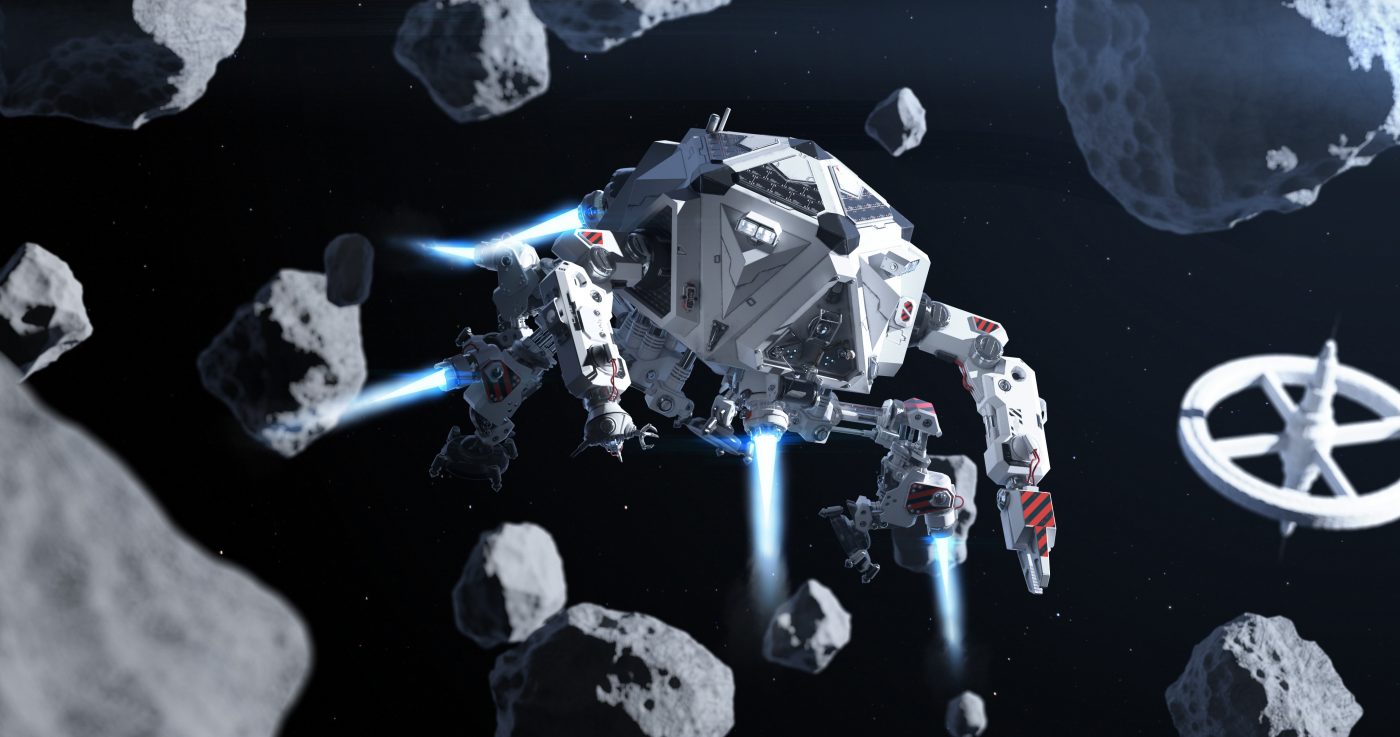Past Event! Note: this event has already taken place.
| When: | Wednesday, January 26th, 2022 |
| Time: | 12:00 pm — 1:00 pm |
| Location: | Online via Zoom |
| Audience: | Anyone |
| Contact: | FacultyofEngineeringandDesign@carleton.ca |

The space industry is currently undergoing a paradigm shift towards the development of intelligent robotic spacecraft. Compared to traditional space vehicles, these spacecraft will have significantly higher levels of autonomy, be equipped with various vision sensors, and be capable of physically interacting with space assets (via robotic arms or tethers). More specifically, future space missions will require intelligent robotic spacecraft to safely and autonomously perform proximity operations (rendezvous, inspect, and capture space assets).
In this talk. Prof. Steve Ulrich will discuss key enabling technologies required to accomplish these complex maneuvers autonomously, such as advanced robotics, computer vision, path planning and intelligent control systems. He will also share recent developments made at Carleton University’s Spacecraft Robotics and Control Laboratory related to these key technological areas.
About the Speaker

Dr. Steve Ulrich is an Associate Professor in the Department of Mechanical and Aerospace Engineering and Director of the Spacecraft Robotics and Control Laboratory at Carleton University. His current research interests include robotics, computer vision, path planning as well as adaptive and artificial intelligence-based control applied to spacecraft proximity operations and formation flying.
Prof. Ulrich is a member of the IFAC Technical Committee on Adaptive and Learning Systems, a member of the AIAA Guidance, Navigation, and Control Technical Committee, and an Associate Editor for The Journal of the Astronautical Sciences. From 2006 to 2008, he led the development of an innovative attitude perturbation estimation system for the European Space Agency’s PROBA-2 spacecraft as a Spacecraft GN&C Research Engineer with NGC Aerospace Ltd. In 2013, as a Postdoctoral Associate with the Space Systems Laboratory at the Massachusetts Institute of Technology, he contributed to the development and validation of vision-based relative navigation and control using the SPHERES experimental facility aboard the International Space Station during Expeditions 34 and 35.
About the Series
Ingenious Talks is a special speaker series from the Faculty of Engineering and Design that engages the community in discussions of timely and innovative ideas in engineering, design and technology.